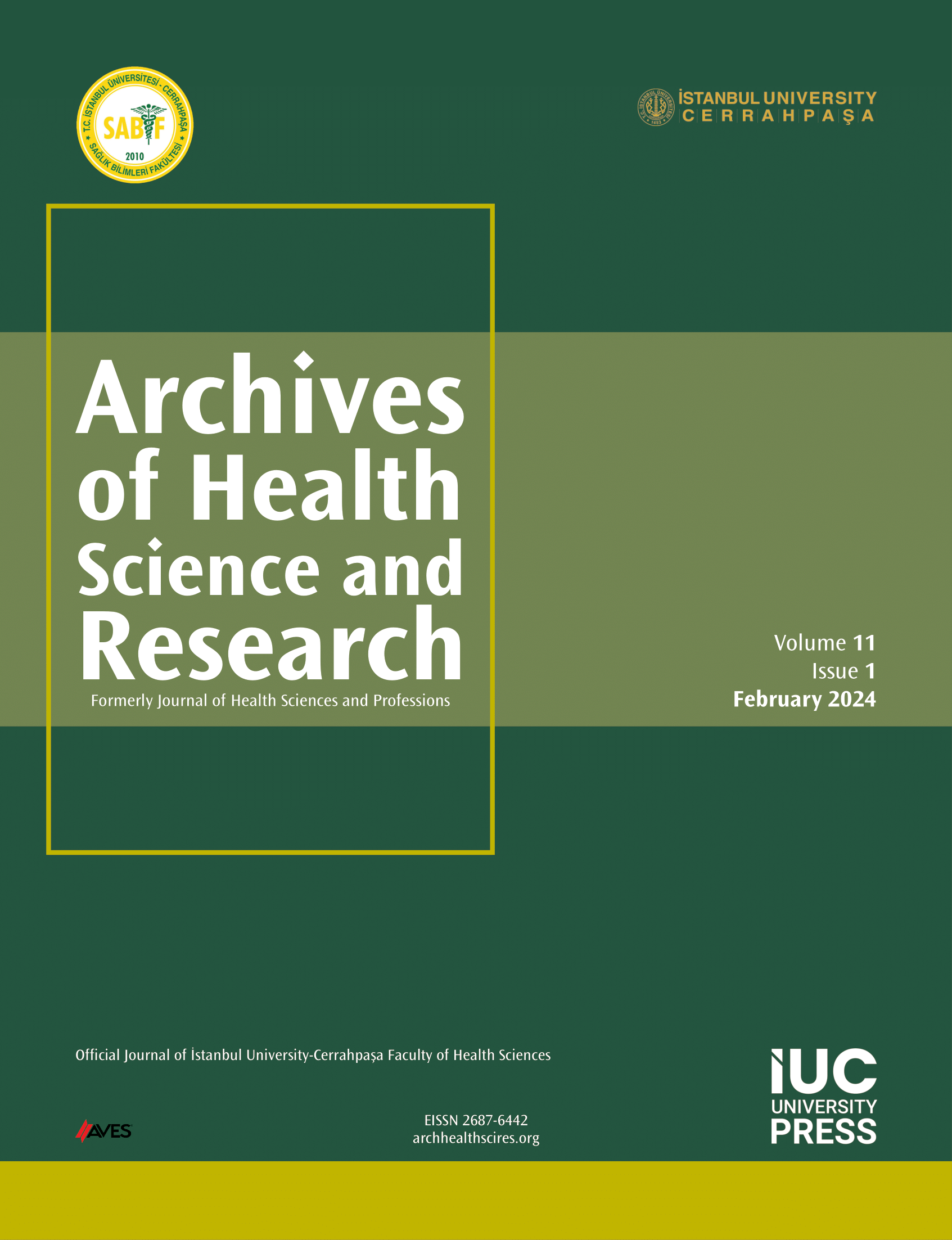Purpose:This study was carried out to determine the traditional beliefs and practices of women from preconceptional period to postpartum period.
Materials and Methods:The research has been descriptive. The study sample was constituted of 166 women who consulted to the Female Education and Culture Center between October 2015 and December 2015, gave at least one live birth, and agreed to participate in the study were involved in the scope of the study. The data of the study were collected through face-to-face interviews using a data form. Data was analyzed by frequency distribution and chi square test and statistical significance was examined at 0.05 significance level.
Results:According to the study; As the cause of infertility, nearly to half of women said, “the woman must have health problems”. 69.9% of women stated that they should go to a doctor for infertility treatment and 13.9% stated that it is a necessity of any traditional practice to facilitate pregnancy. 33.7 % of the woman stated that the baby’s gender could be understood during pregnancy. 68.1 % of the participants stated they knew “puerperal fever” and 54.2 % of the participants said they knew “the forty fever” practice. Almost all of the participants were determined to implement a traditional practice with the umbilical cord. The participants gave multiple answers. 50 % stated the infant should be taken to the doctor when it had jaundice, 41.1 % said it could be covered with a yellow gauze. 52.% of the women stated that they should drink plenty of liquid to to increase the breast milk, and 25.5% stated that they should eat sweet things.
Conclusion:The study was found that the incidence rate of traditional practices declined, however that they still continued to exist. For this reason, it is important that the traditional practices and beliefs of midwives and nurses taking care of them, their interrogation, the effects of these practices on mother and baby health.




